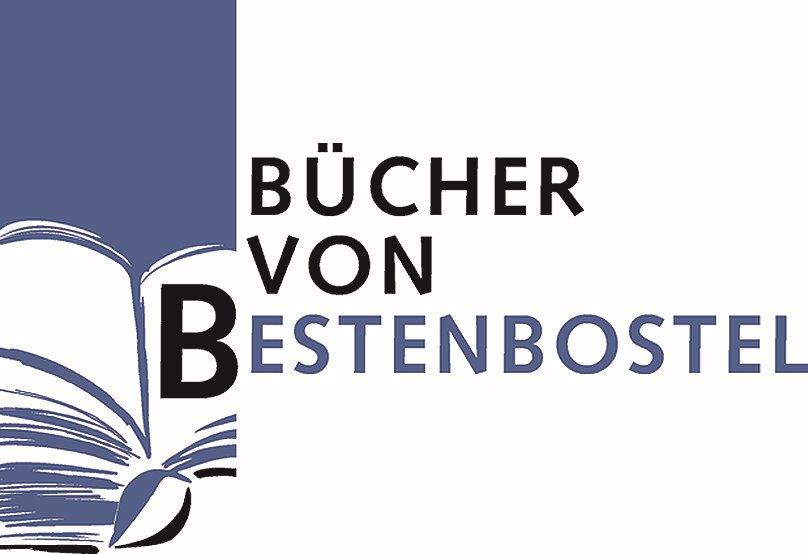Beschreibung
This volume is an attempt to integrate the theory and data of social and personality development within a modem evolutionary framework. The various chapters are not meant to be read in isolation from one another but rather are intended to form an integrated whole. There is thus a great deal of cross-referencing between chapters and to some extent they all stand or fall together. This also suggests that the accuracy (or usefulness) of a particular chapter cannot be judged until the book is comprehended as a whole. Chapter 1 deals with the theoretical foundations of this enterprise, and the focus is on the compatibility of mainstream approaches within the field to a modem evolutionary approach. Chapters 2-4 concern what I view to be the fundamental proximal mechanisms underlying social and personality development. Chapter 2, on temperament and person ality development, is particularly central to the rest of the volume because these processes are repeatedly invoked as explanatory concepts at later points in the volume.
Produktsicherheitsverordnung
Hersteller:
Springer Verlag GmbH
juergen.hartmann@springer.com
Tiergartenstr. 17
DE 69121 Heidelberg
Autorenportrait
Inhaltsangabe1. Theoretical Considerations.- I. Introduction.- II. Philosophical Issues and World Views.- A. Rationalist Philosophers of Science: Kuhn, Lakatos, and Lauden.- B. Three Research Traditions in Developmental Psychology.- C. An Alternate Perspective: Philosophical Realism.- III. General Theoretical Issues.- A. The Nature-Nurture Problem.- B. Continuity.- C. Plasticity, Sensitive Periods, and the Intensity of Environmental Stimulation.- IV. Evolutionary Theory and the Theoretical Traditions of Social Development.- A. Ethological Theory.- B. Contemporary Evolutionary Theory.- C. Evolutionary Biology and Social Learning Theory.- D. Evolutionary Biology and Cognitive-Developmental Theory.- V. Theoretical Fragmentation or Integration?.- 2. Temperament and Personality Development.- I. Theories of Temperament.- A. The New York Longitudinal Study (NYLS).- B. The Theory of Rothbart and Derryberry.- C. The Theory of Buss and Plomin.- D. The Theory of Goldsmith and Campos.- E. Integration of Theories.- II. Self-Regulation as Sensitivity to Rewards, with an Emphasis on the Positive Social Reward System: Evidence for a Third Personality Dimension.- III. Biological and Environmental Influences on Temperament.- A. Behavioral Genetic Research.- B. Proximal Biological Correlates of Emotionality and Sensation Seeking.- C. Cross-Cultural Research and the Effects of Powerful Early Environments.- D. Temperament and Adaptation.- IV. The Stability of Temperament.- V. Appendix.- A. A More Detailed Theory.- B. Arousal and Reward.- C. Implications for Learning Processes.- D. Predictions Resulting from the Theory.- E. Conclusion.- 3. The Development of the Emotions.- I. Theories of Emotional Development.- A. The Theory of Carrol Izard.- B. The Theory of L. Alan Sroufe.- C. The Theory of Campos and Barrett.- D. The Theory of Jerome Kagan.- E. The Theory of Lewis and His Colleagues.- F. Summary of Theoretical Positions.- II. Parent-Child Interaction as an Example of Emotional Processes in Development.- A. The Emotional Content of Parent-Child Interaction.- B. A Theory of Affect Regulation in the Context of Parent-Child Interaction.- C. The Socialization of Emotions in Parent-Child Physical Play.- III. The Development of the Emotions.- A. Emotions in Infancy.- B. Emotions in Childhood and Adolescence: The Importance of Cognitions and Resources.- 4. Social and Biological Events in Infancy and Their Relevance for Later Behavior.- I. Attachment in Evolutionary Perspective.- A. The Ethological Theory of Attachment.- B. Attachment as an Environment-Expectant Genetic System versus Attachment as a Trait.- C. Issues in the Predictive Validity of Attachment.- D. Attachment as a Developmental Task.- II. Aberrations in Attachment and Later Behavior.- A. Animal Studies.- B. Human Studies of Orphanage Rearing and Adoption.- C. Conclusion.- 5. Parent-Child Relationships and the Transmission of Culture.- I. Global Parenting Styles.- A. Dimensions of Parenting and Their Correlates.- B. Bidirectional Processes and Nonshared Environmental Effects.- II. The Family and the Socialization of Children in Evolutionary and Historical Perspective.- A. Centripetal Tendencies within Families and the Context of Development.- B. Familial Affective Relationships in Cross-Cultural Context.- C. Familial Affective Relations in Evolutionary Perspective.- D. Implications for Developmental Mechanisms.- E. The Family and Adaptation in Contemporary Society.- III. Centrifugal Tendencies within Families and Their Effects on Children.- A. Adaptation in Contemporary Societies.- B. Divorce in a Sociobiological Context.- IV. Affective Relationships within the Family and the Transmission of Culture.- V. General Effects of Decrements in Parental Investment and an Evolutionary Analysis of Parental Control.- A. Effects of Decreases in Parental Investment.- B. Parental Control as an Aspect of Parental Investment.- VI. Appendix.- A. Social Structure and Child Rearing among the Gusii in Evolutionary Perspecti
